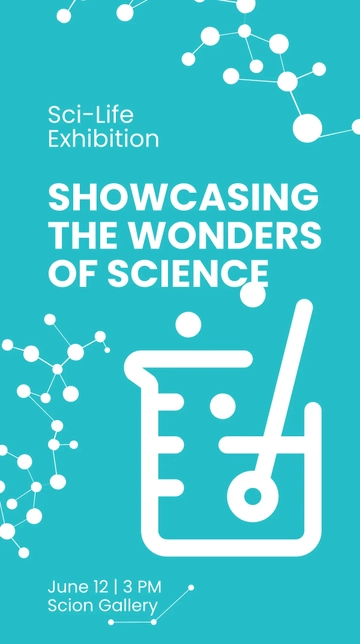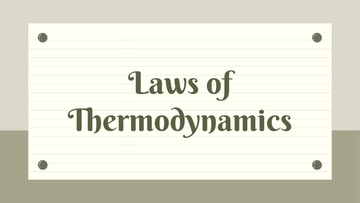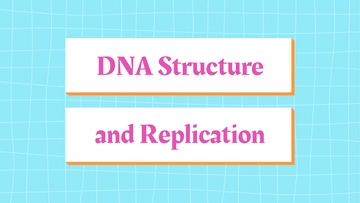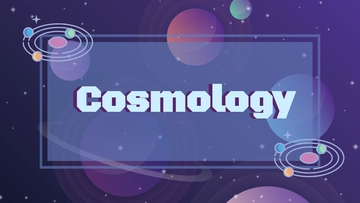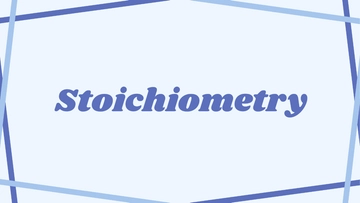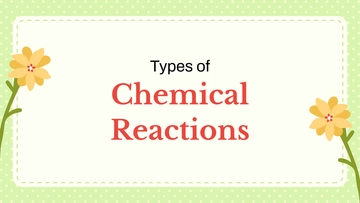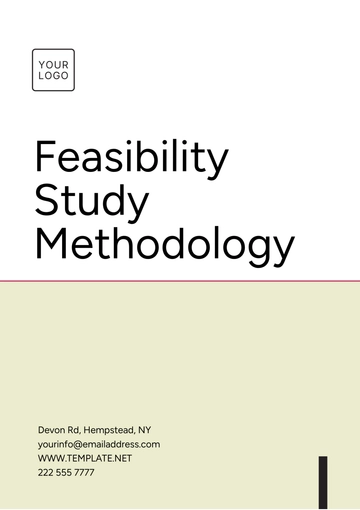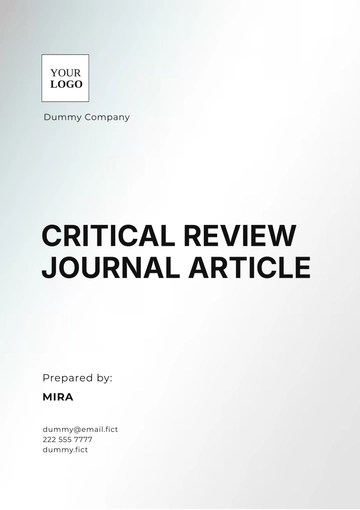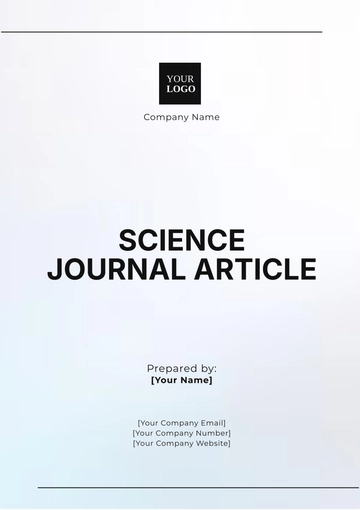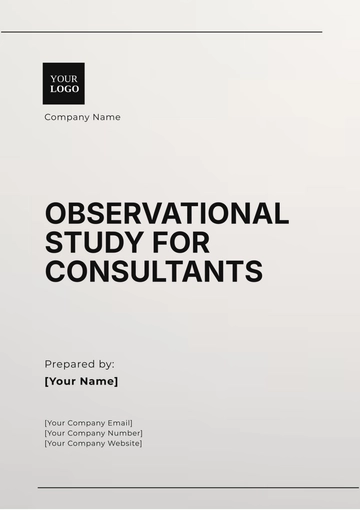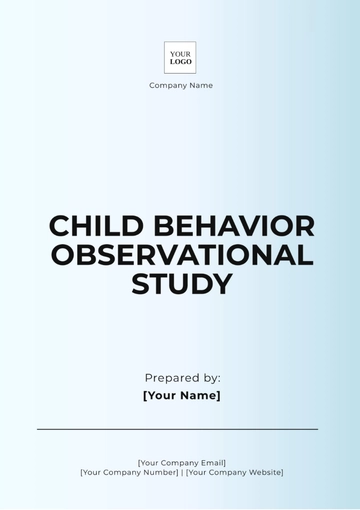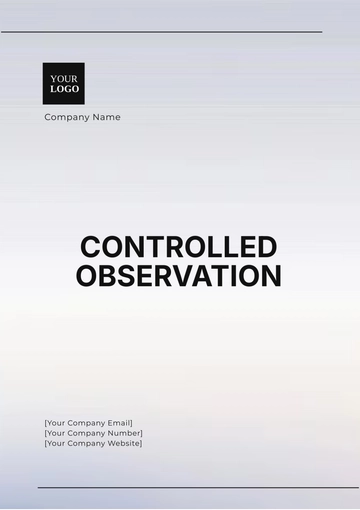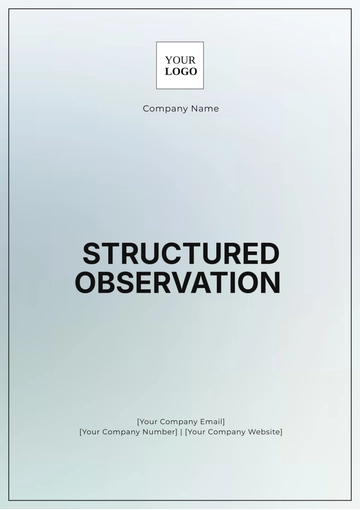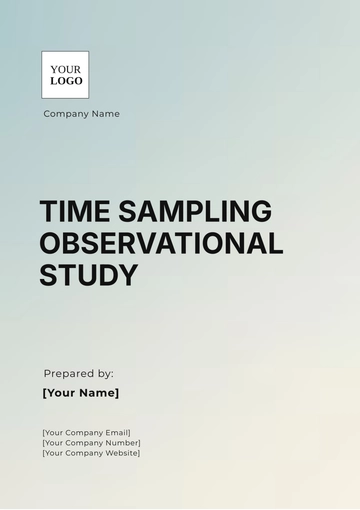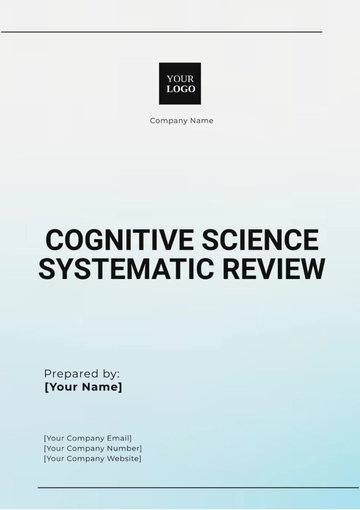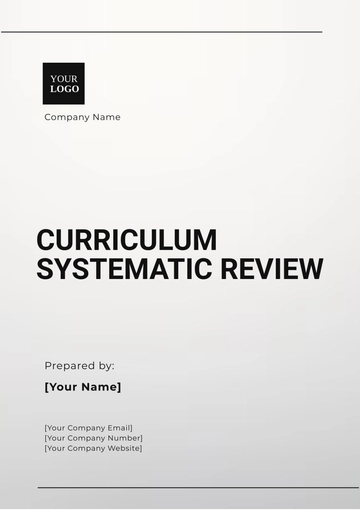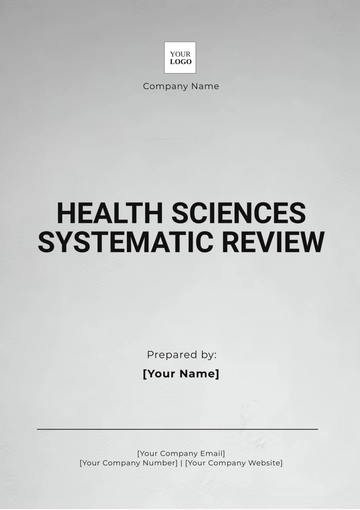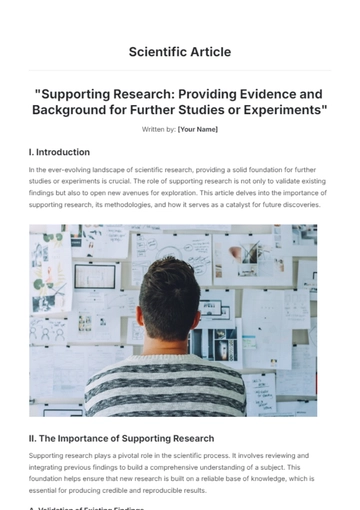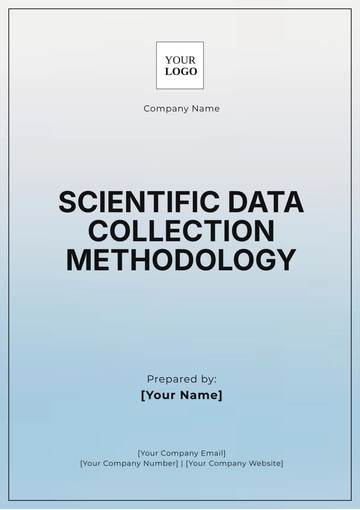Free Science Article
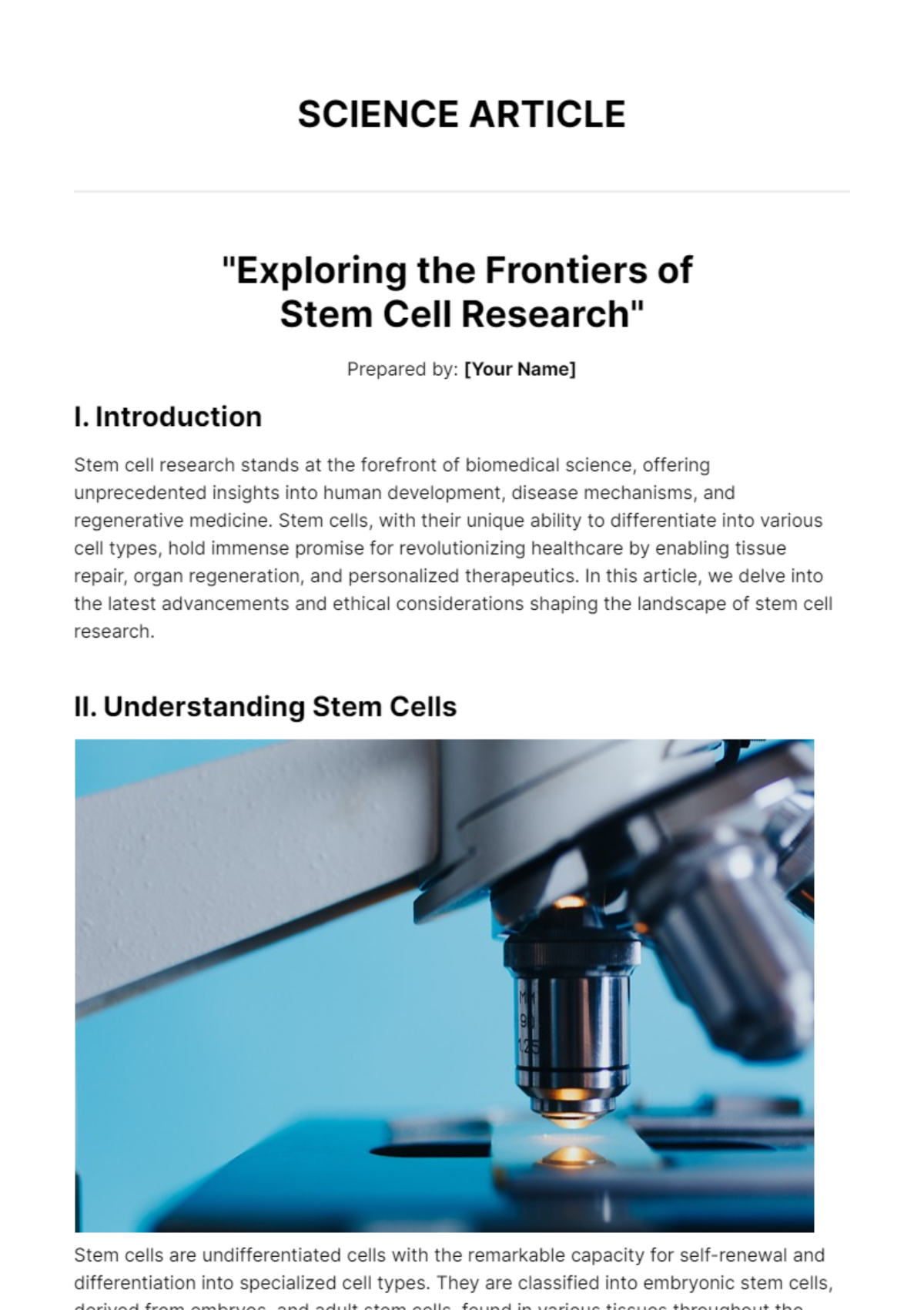
"Exploring the Frontiers of
Stem Cell Research"
Prepared by: [Your Name]
I. Introduction
Stem cell research stands at the forefront of biomedical science, offering unprecedented insights into human development, disease mechanisms, and regenerative medicine. Stem cells, with their unique ability to differentiate into various cell types, hold immense promise for revolutionizing healthcare by enabling tissue repair, organ regeneration, and personalized therapeutics. In this article, we delve into the latest advancements and ethical considerations shaping the landscape of stem cell research.
II. Understanding Stem Cells

Stem cells are undifferentiated cells with the remarkable capacity for self-renewal and differentiation into specialized cell types. They are classified into embryonic stem cells, derived from embryos, and adult stem cells, found in various tissues throughout the body. Pluripotent stem cells, capable of differentiating into any cell type, are of particular interest for their potential applications in regenerative medicine and disease modeling.
III. Applications in Regenerative Medicine

One of the most promising applications of stem cell research lies in regenerative medicine, where stem cells are harnessed to repair damaged tissues and organs. From treating spinal cord injuries and heart disease to restoring vision and hearing, stem cell therapies offer hope for patients with debilitating conditions for whom traditional treatments have proven ineffective. By stimulating tissue regeneration and promoting healing, stem cell-based interventions hold the potential to transform healthcare and improve quality of life for millions worldwide.
IV. Disease Modeling and Drug Discovery
Stem cells also serve as invaluable tools for disease modeling and drug discovery. Induced pluripotent stem cells (iPSCs), reprogrammed from adult cells, enable researchers to recapitulate disease processes in the laboratory, providing insights into disease mechanisms and facilitating the development of targeted therapies. Moreover, stem cell-based assays offer a platform for screening potential drug candidates, accelerating the drug discovery process and paving the way for more effective treatments for a wide range of ailments.
V. Ethical Considerations and Regulatory Frameworks
Despite the immense promise of stem cell research, ethical considerations surrounding the use of embryonic stem cells have sparked debates and controversies. The ethical dilemma stems from the destruction of human embryos during the derivation of embryonic stem cell lines, raising questions about the sanctity of human life and the moral implications of scientific research. To address these concerns, regulatory frameworks and ethical guidelines have been established to ensure responsible conduct and oversight in stem cell research, balancing scientific progress with ethical principles and societal values.
VI. Future Directions and Challenges
Looking ahead, the future of stem cell research holds boundless possibilities and formidable challenges. From harnessing the therapeutic potential of stem cells to unraveling the complexities of tissue regeneration and aging, researchers continue to push the boundaries of scientific knowledge and technological innovation.
However, obstacles such as immune rejection, tumorigenicity, and scalability remain significant hurdles that must be overcome to realize the full clinical potential of stem cell-based therapies.
VII. Conclusion
In conclusion, stem cell research represents a paradigm shift in biomedical science, offering transformative solutions to some of humanity's most pressing healthcare challenges. By unlocking the regenerative potential of stem cells and deciphering the intricacies of cellular biology, researchers are poised to revolutionize medicine and usher in a new era of personalized healthcare.
While ethical considerations and technical hurdles persist, the promise of stem cell research remains undiminished, offering hope for a future where debilitating diseases are conquered, and human health is optimized through the power of regenerative medicine.
- 100% Customizable, free editor
- Access 1 Million+ Templates, photo’s & graphics
- Download or share as a template
- Click and replace photos, graphics, text, backgrounds
- Resize, crop, AI write & more
- Access advanced editor
Dive into the wonders of the natural world with our Science Article Template, a marvel from Template.net. Downloadable and fully customizable, it's the quintessential tool for sharing scientific discoveries. Whether you are a student or seasoned researcher, this versatile template allows instant customization and personalization. And with print-ready designs and integration with our AI Editor Tool, communicating complex ideas is as simple as a supernova.
